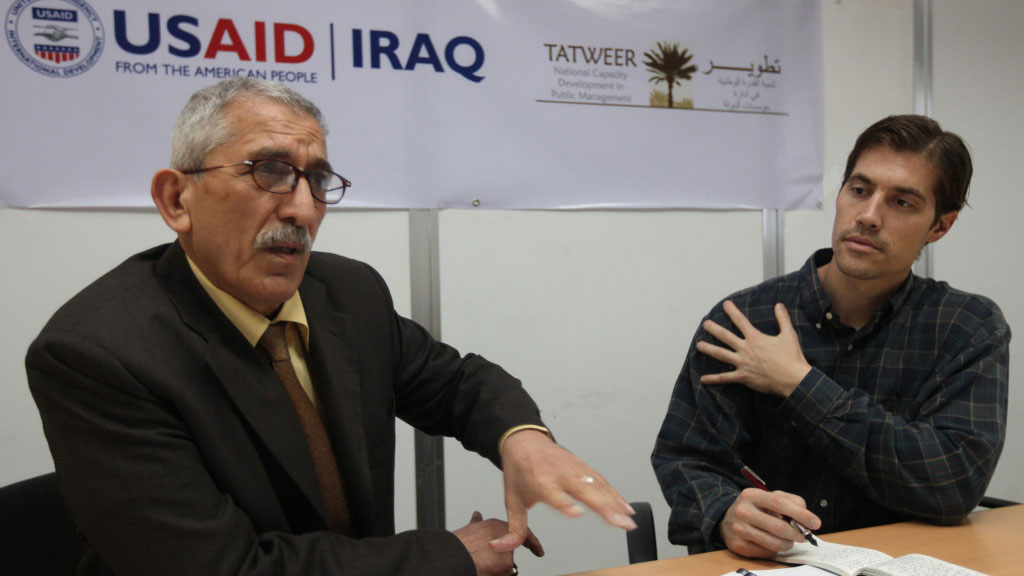
Kaizen implemented a participatory approach to human and institutional capacity building for sustainable development in Iraq.
The Tatweer project was a critical aspect of the U.S. Government’s National Capacity Development (NCD) Program, which aimed to enhance the capacity of key Iraqi ministries to provide core services. The NCD Program took a systematic approach to improving public service delivery by identifying the critical path to service delivery improvement and developing plans to address the issues. Within this program, Tatweer’s resources were directed toward developing public management capacity in Iraq with a focus on improving ministries’ performance in administrative functions such as fiscal planning, personnel management, project management, leadership and communication, and the utilization of information technology.
Highlights
- Implemented in all directorates of health in Baghdad
- Ministry of Agriculture established process and committee to gather feedback
- Ministry of Oil created a ministry-wide performance improvement unit
Kaizen was a subcontractor to Chemonics International on Tatweer to support the Government of Iraq’s efforts to build its public management capacity and institutionalize the human and institutional capacity building (HICD) approach in its ministries. Kaizen introduced the concept of government performance assessment and ongoing, internally driven improvement in various ministries.
The HICD-based Organizational Self-Assessment and Transformation Program (OSTP) introduced by Kaizen enabled participating organizations to identify performance gaps and causes and develop, plan, and implement solutions to address them. The program also provided mid-level managers with practical training in assessment and measurement to ensure performance improvement initiatives were sustainable. OSTP helped the Government of Iraq take ownership of its ongoing reform and performance improvement initiatives in the core management, administrative, and process-oriented areas addressed by the project. The success of OSTP spurred demand for program expansion in active ministries, introduction to additional ministries, and geographic dispersal to the provinces. Kaizen continued to develop the content of OSTP to better serve the needs of partners throughout the project’s lifespan. The positive response to OSTP led to the institutionalization of HICD processes in several ministries and the creation of organizational development units.
Kaizen’s participatory approach to HICD and realistic relationship management led to collaboration with more than 15 Iraqi ministry and university partners. This approach was recognized by USAID/Iraq for its unprecedented ability to gain the support and involvement of mission-critical Iraqi organizations where other donor efforts had failed. As a result, the Iraq High Committee for Administrative Reform under the Council of Ministers requested Kaizen’s support to develop a conceptual framework for a National Center for Excellence in Government. USAID’s recognition of Kaizen’s success in building and maintaining host country public-sector relationships led the Agency to expand HICD-based interventions on the USAID/Tarabot project.
At a glance
Client
Status
Past
Location
Iraq
Services
Organizational development, governance, climate change and energy


